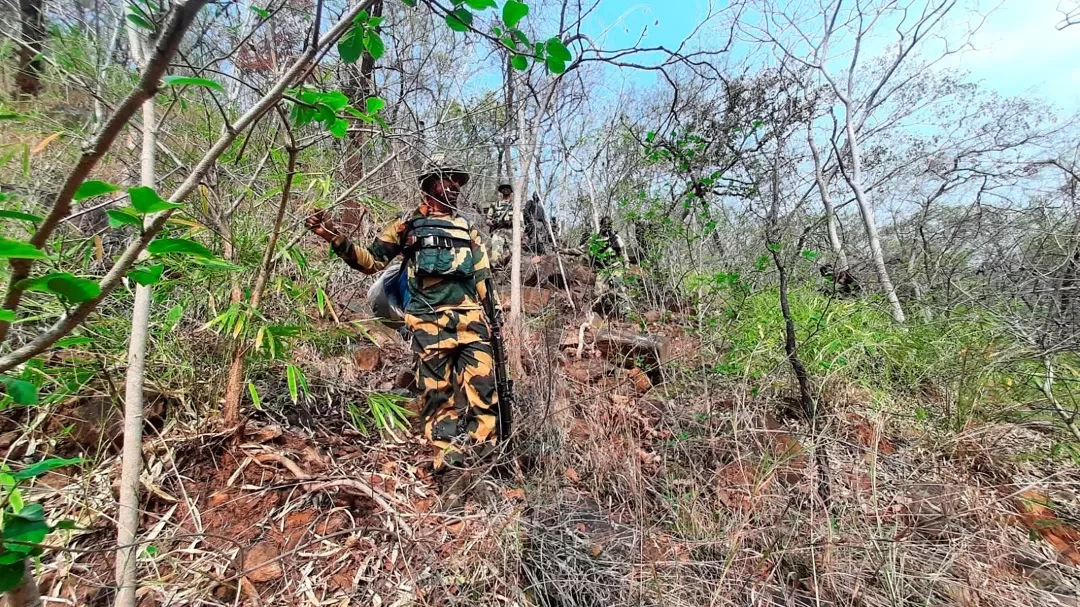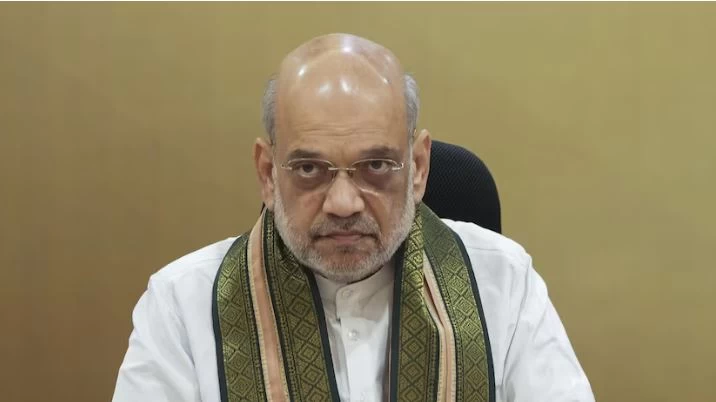Latest Updates
Pakistan Conducts Missile Test Amid Rising Tensions with India Following Pahalgam Attack

Amid escalating tensions with India in the wake of the deadly Pahalgam terror attack, Pakistan on Saturday claimed to have successfully tested a surface-to-surface ballistic missile with a range of 450 kilometers. The missile, part of the Abdali Weapon System, was launched under "Exercise INDUS," according to a statement from Islamabad.
The Pakistani military said the test aimed to assess operational readiness and validate technical capabilities, including enhanced manoeuvrability and an advanced navigation system. Prime Minister Shehbaz Sharif and top military officials expressed “complete confidence” in the armed forces’ ability to protect the nation’s security.
The missile launch comes just days after India suffered a major terrorist attack in Jammu and Kashmir’s scenic Baisaran meadow on April 22, where 26 civilians—including a Nepalese tourist and a local pony operator—were killed. A group linked to the Pakistan-based Lashkar-e-Taiba initially claimed responsibility but later withdrew following international backlash.
In response, India has taken a series of strong diplomatic and economic actions. The government revoked the Indus Waters Treaty, cancelled all Pakistani visas—medical ones included—and ordered Pakistani nationals residing in India to leave within a set deadline. Trade ties were also severed, with India banning all imports from Pakistan and prohibiting Pakistani-flagged vessels from entering its ports.
On the diplomatic front, both nations have significantly downgraded engagement. India expelled Pakistani military attachés and slashed Islamabad mission staff. Pakistan retaliated with threats to suspend all bilateral agreements, including the historic Simla Agreement.
Meanwhile, Pakistani Information Minister Ataullah Tara stirred controversy by alleging that India was preparing for an attack within 36 hours—a claim that has yet to materialize even after 72 hours. Defence Minister Khawaja Asif echoed similar warnings, stating that “something may happen in 2-3 days,” without offering concrete evidence.










.webp)
